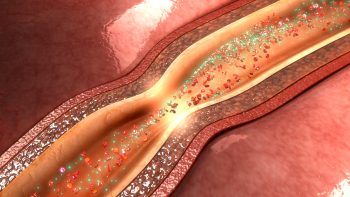
The high-density lipoprotein (HDL) mimetic MDCO-216 does not cause plaque regression in statin-treated acute coronary syndrome patients, a new study suggests.
Researchers conducted the double-blind, randomized clinical trial in 22 Canadian and European hospitals. For five weeks, statin-treated patients with acute coronary disease were treated intravenously each week with MDCO-216 at a dose of 20 mg/kg (n = 59) or placebo (n = 67). At follow-up, of 122 patients, 113 had evaluable imaging results.
The placebo and MDCO-216 groups demonstrated similar receiving-treatment low-density lipoprotein cholesterol levels (68.6 vs 70.5 mg/dL; difference, −2.5 mg/dL; 95% CI, −10.1 to 5.0; P = .51). MDCO-216 patients had a reduction in high-density lipoprotein cholesterol levels, but placebo patients did not (−3.3 vs 3.0 mg/dL; difference, −6.3 mg/dL; 95% CI, −8.5 to −4.1; P < .001). Percent atheroma volume (PAV), when adjusted for baseline values, decreased 0.94% in the placebo group and 0.21% with MDCO-216 (difference, 0.73%; 95% CI, −0.07 to 1.52; P = .07). Normalized total atheroma volume (TAV) decreased more in the placebo group than the MDCO-216 group (7.9 mm3 vs. 6.4 mm3; difference, 1.6 mm3; 95% CI, −5.6 to 8.7; P = .67). Among the most diseased patients, atheroma volume decreased 1.8 mm3 with the placebo and 2.2 mm3 with MDCO-216 (difference 0.4 mm3; 95% CI, −4.4 to 3.5; P = .83). Regression rates were similar for PAV (67.2% vs 55.8%; P = .21) and TAV (68.9% vs 71.2%; P = .79) in the placebo and MDCO-216 groups, respectively.
The study authors concluded, “Among patients with an acute coronary syndrome, infusing MDCO-216 did not produce an incremental plaque regression in the setting of contemporary statin therapy.”
Two negative trials of Apo AI (Milano) infusion in ACS in @JAMACardio – the end?
– not quite, AEGIS II about to start @CMichaelGibson #Cardiology #Cardiotwitter #Cholesterol #HDL @SilCastelletti @Drlipidhttps://t.co/TtYLrFdmtkhttps://t.co/0UMXrjOg0Fhttps://t.co/IS6JAxEs0q pic.twitter.com/dPlMVcz21s
— Konstantin Krychtiuk (@krychtiukmd) July 30, 2018
Among patients with an acute coronary syndrome, infusing HDL mimetic MDCO-216 did not produce an incremental plaque regression in the setting of contemporary statin therapy. https://t.co/8BQqEVOJWc
— @investigando (@rocatanho) July 29, 2018
same MoA, same (abscence of) effect… with MDCO-216 (presented at AHA 2016 if I remember well)
Effect of Infusion of High-Density Lipoprotein Mimetic Containing Recombinant Apolipoprotein A-I Milano on Coronary Diseasehttps://t.co/hc9UoUvEnR
— Bertrand Delsuc (@BertrandBio) July 26, 2018
HDL mimetic infusions fail to induce plaque regression in patients with acute coronary syndrome (again).https://t.co/WCg2pMJ6qS @JAMACardio
— Benoit Arsenault (@ArsenaultBenoit) July 25, 2018
HDL focused interventions keep coming up short. https://t.co/blV9NDIc5g
— Jerad Dumolt, PhD, RD (@JeradDumolt) July 25, 2018
Source: JAMA Cardiology

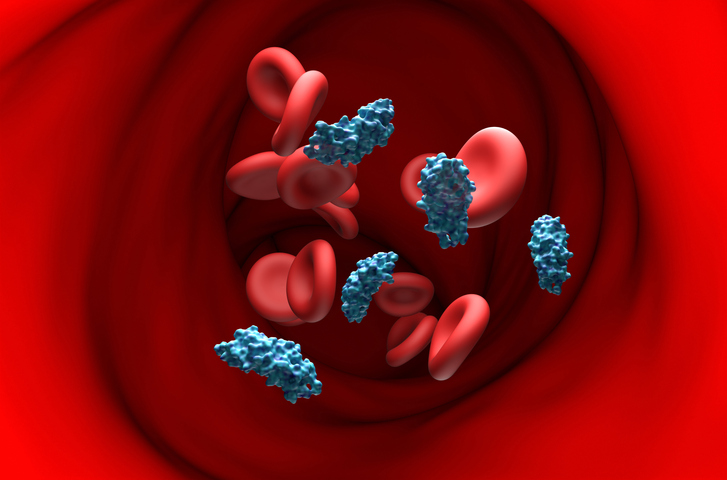
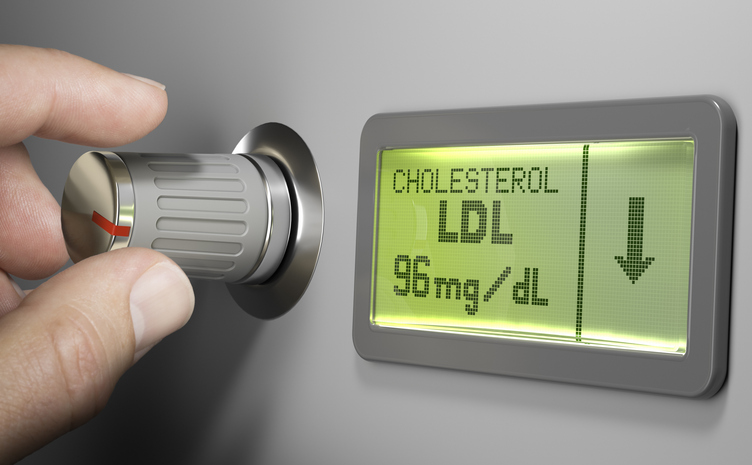
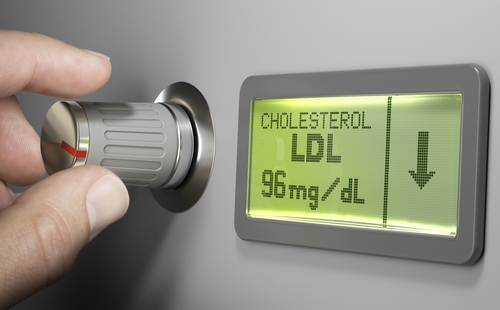

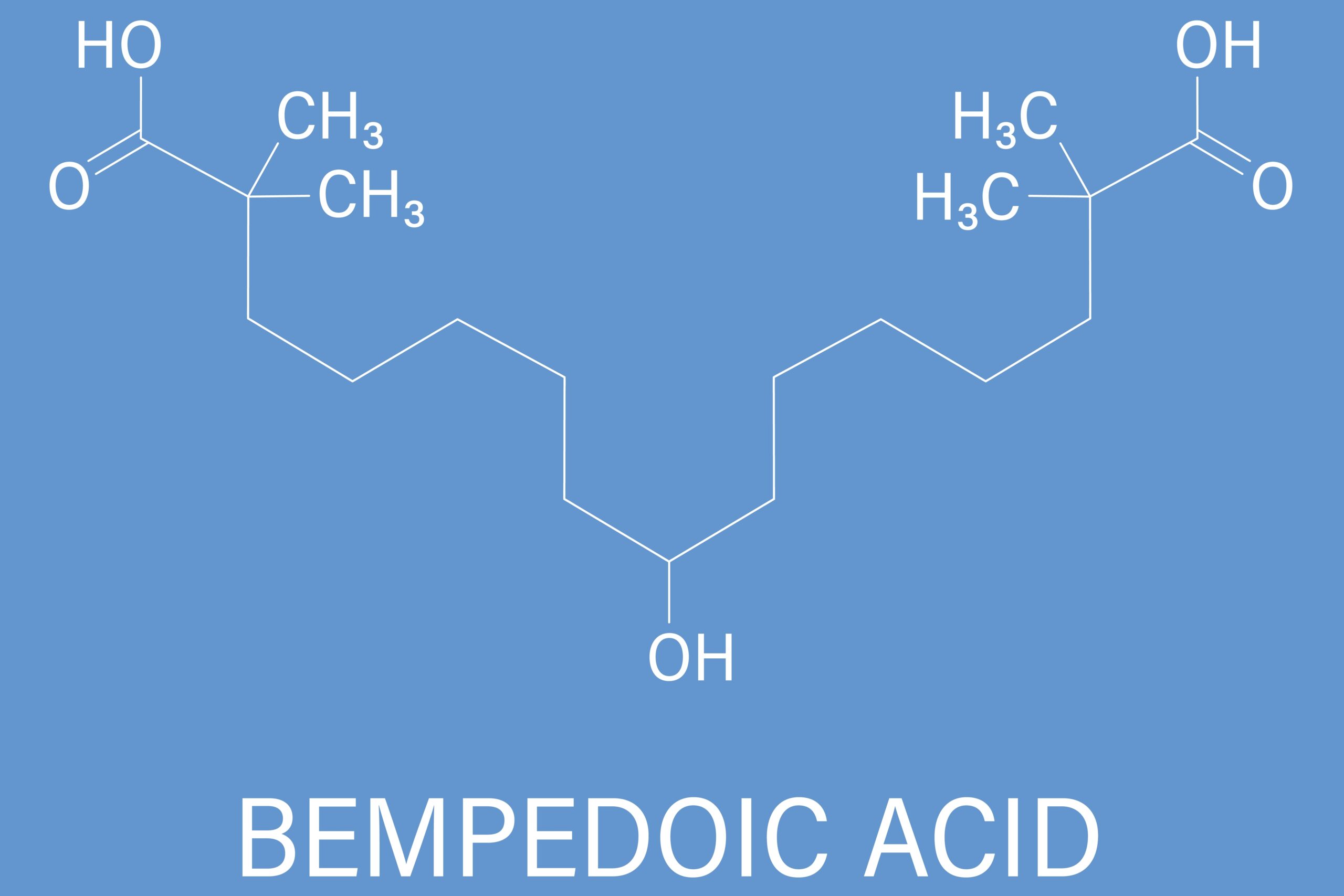

 © 2025 Mashup Media, LLC, a Formedics Property. All Rights Reserved.
© 2025 Mashup Media, LLC, a Formedics Property. All Rights Reserved.